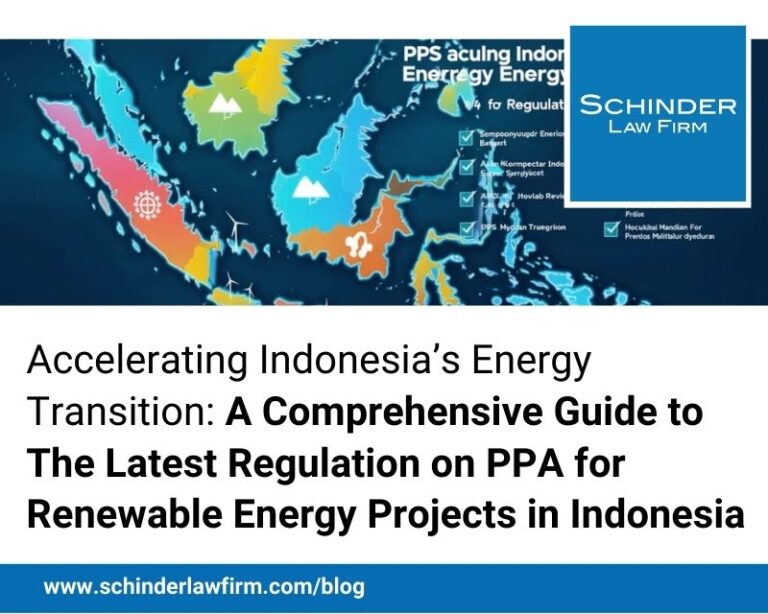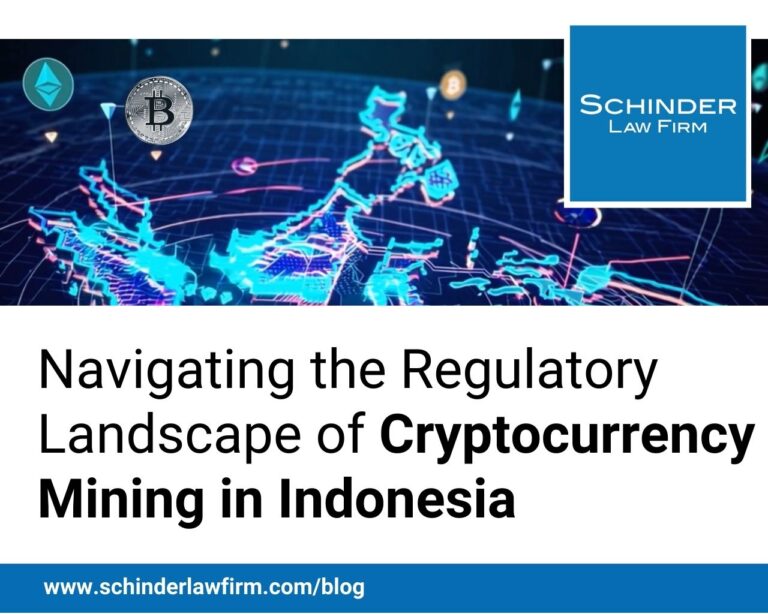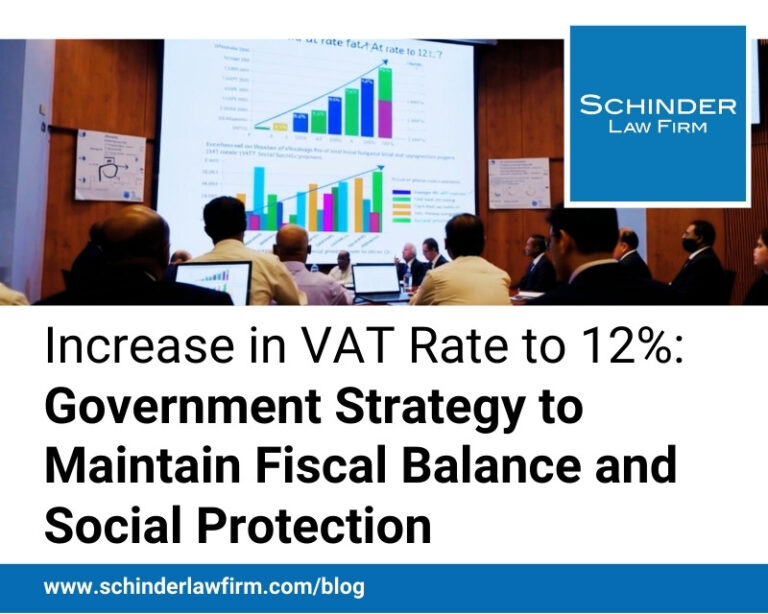
Accelerating Indonesia’s Energy Transition: A Comprehensive Guide to the Latest Regulation on PPA for Renewable Energy Projects in Indonesia
The Indonesian government, through the Ministry of Energy and Mineral Resources (MEMR), continues to strive to accelerate the energy transition to achieve its Net Zero Emission target by 2060. One of the latest steps is the issuance of MEMR Regulation No. 5 of 2025 on the Guidelines for Power Purchase Agreements (PPA) from Power Plants Using Renewable Energy Sources…

Navigating the Regulatory Landscape of Cryptocurrency Mining in Indonesia
Cryptocurrency, or digital currency, has transformed the global financial system. Built on blockchain technology, cryptocurrencies like Bitcoin and Ethereum enable secure, decentralized transactions. A vital aspect of this ecosystem is cryptocurrency mining-the process of verifying blockchain transactions while earning crypto rewards…

Increase in VAT Rate to 12%: Government Strategy to Maintain Fiscal Balance and Social Protection
The Value Added Tax (VAT) rate in Indonesia will increase from the current 11% to 12%, effective January 1, 2025. This policy is part of the government’s strategy to support the implementation of Law No. 7 of 2024 on the Harmonization of Tax Regulations (UU HPP), designed with consideration for vulnerable groups in society. ..

Empowering Global Investors: Limited Stay Visa as a Strategic Gateway to Business and Residency in Indonesia
Indonesia remains an attractive investment destination for foreign investors. To support the investment climate, the government provides the Limited Stay Visa for Foreign Investment (Index E28A), which allows foreign investors to reside and conduct business in Indonesia for 2 (two) years…

Landmark Green Energy Project: Schinder Law Firm Supports Tianyuan Group’s Successful Operation of AEK SILANG II Hydropower Station
Set amidst the verdant mountains of North Sumatra, the AEK SILANG II Hydropower Station is more than just an infrastructure achievement-it is a powerful testament to sustainable development and the growing confidence of Chinese private enterprises investing abroad. Developed by PT. Bakara Energi Lestari and backed by Henan Tianyuan Industrial Group…

Ensuring the Continuity of Construction Service Certification Amid Certification Institution Closures
At the beginning of 2025, the Minister of Public Works of the Republic of Indonesia issued Ministerial Decree No. 1/SE/M/2025 regarding the Guidelines for Business Entity Certification Services for Certification Institutions in the Construction Services Sector That Cannot Operate Due to License Status…

Disbursement of THR for Private Sector Employees in 2025: Provisions and Employer Obligations
The Religious Holiday Allowance (THR) is a mandatory entitlement for employees and must be provided by employers in accordance with Article 1 of the Regulation of the Minister of Manpower No. 6 of 2016 on Religious Holiday Allowance for…

Investment Potential in Indonesia’s International Carbon Trading Market
Indonesia officially launched international carbon trading through the Indonesia Carbon Exchange (IDXCarbon) as part of its commitment to achieving the Net Zero Emission target by 2060. This milestone demonstrates the government’s strong dedication to supporting the green energy transition while expanding investment opportunities…

Accelerating Housing Development: Government Policies to Support the Three Million Homes Program
The Indonesian government continues to demonstrate a strong commitment to accelerating the fulfillment of adequate housing needs for its citizens, particularly through the Three Million Homes Development Program. This effort is realized through the Joint Decree of the Minister of Housing and Residential Areas…

The Essential Role of Marine Space Utilization Permits in Sustainable Marine Resource Management
Recently, the Ministry of Marine Affairs and Fisheries Republic of Indonesia (“KKP”) has urged operators involved in marine spatial activities to obtain the Conformity of Marine Spatial Utilization Activities (Kesesuaian Kegiatan Pemanfaatan Ruang Laut or “KKPRL”) permit. KKPRL refers to the alignment between the proposed marine activities and…
Practice Area
- Dispute Resolution
- Foreign Direct Investment
- Business Formation, Mergers and Acquisitions
- Land and Property
- Construction and Real Estate
- Employment and Labor
- Environmental Law
- Bankruptcy, Insolvency and Restructuring
- Aviation and Shipping
- White Collar Crime
- Intellectual Property and IP Dispute
- Privacy, Data Protection and Cyber-Security